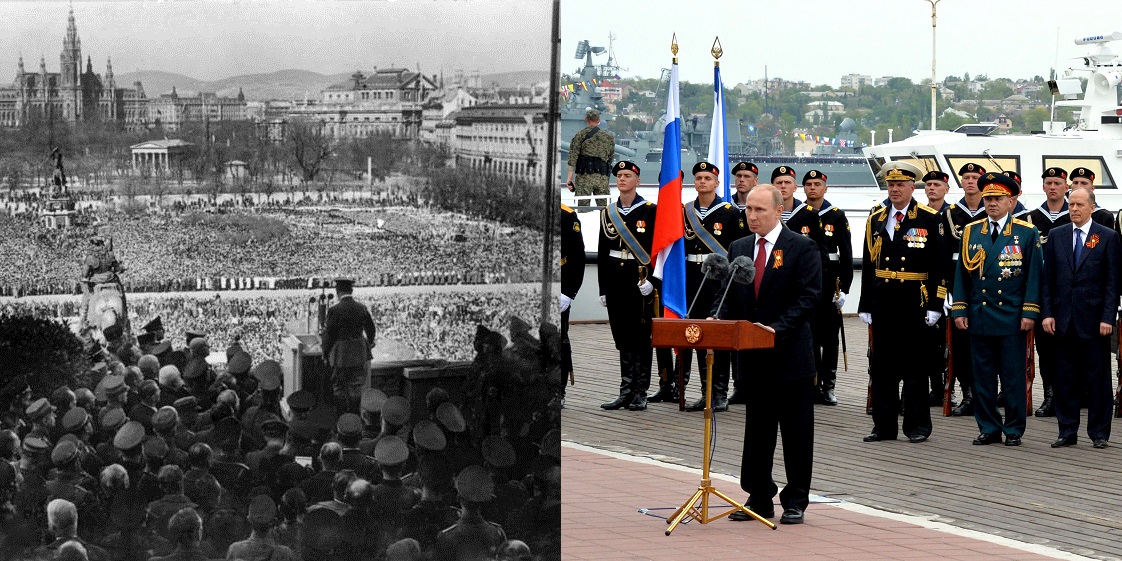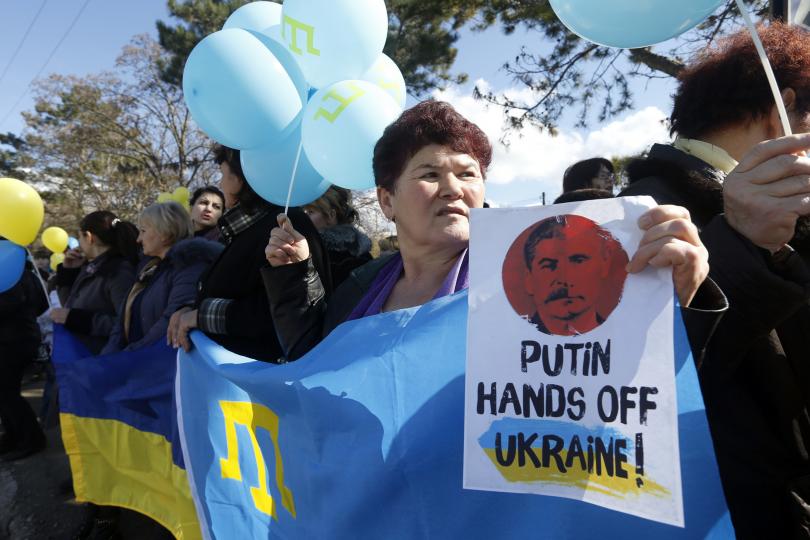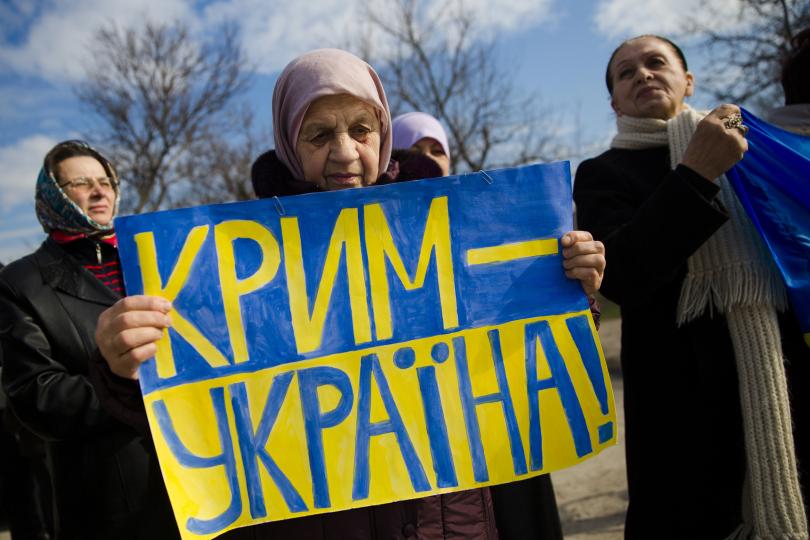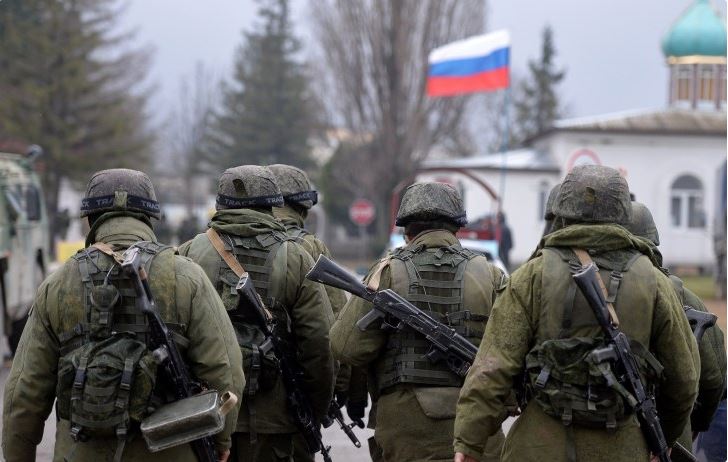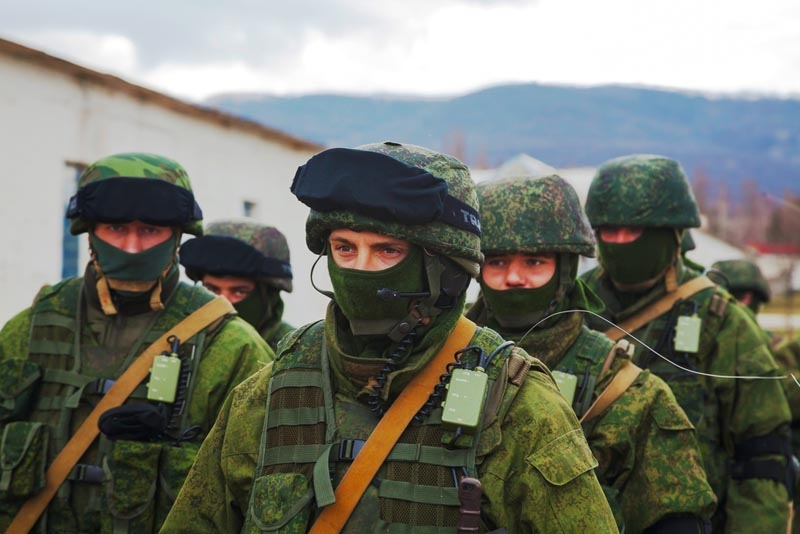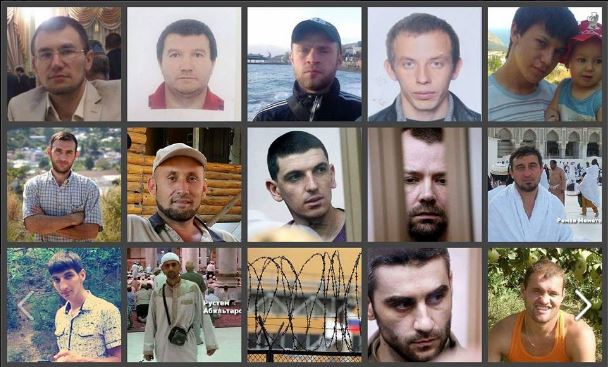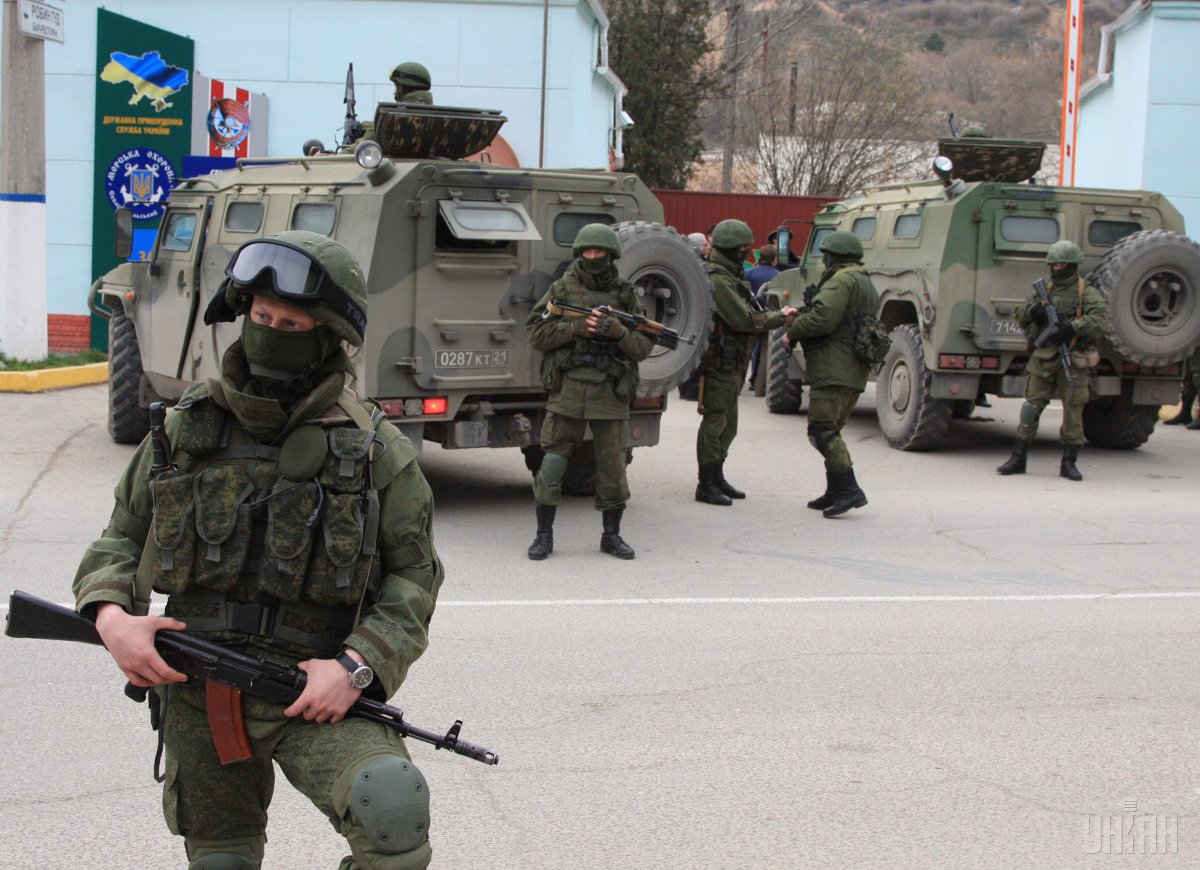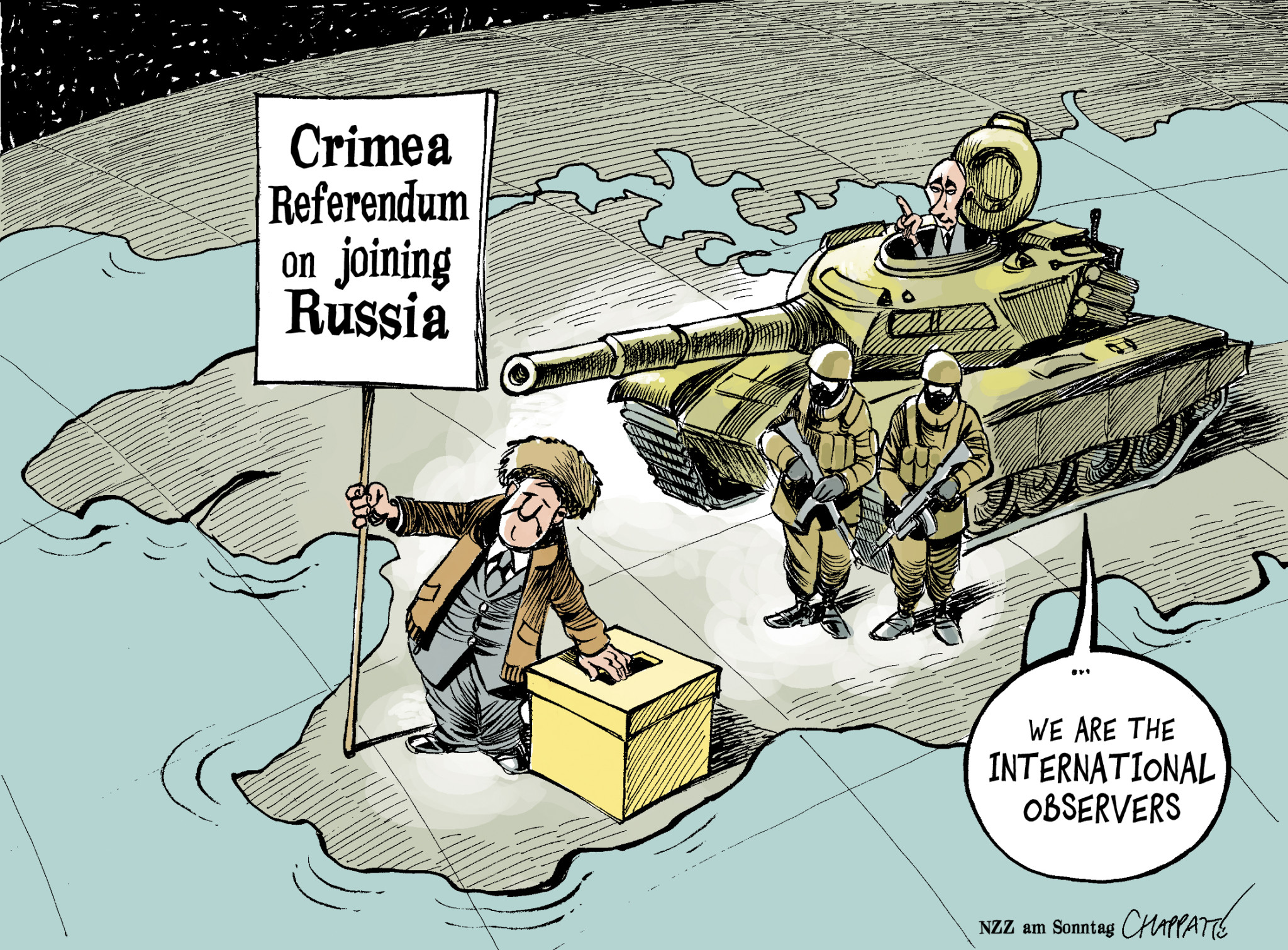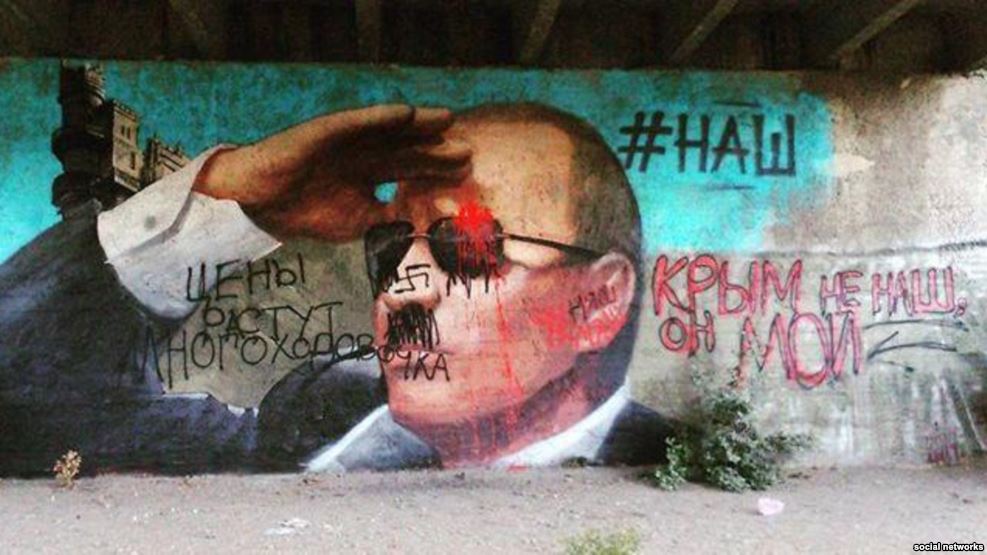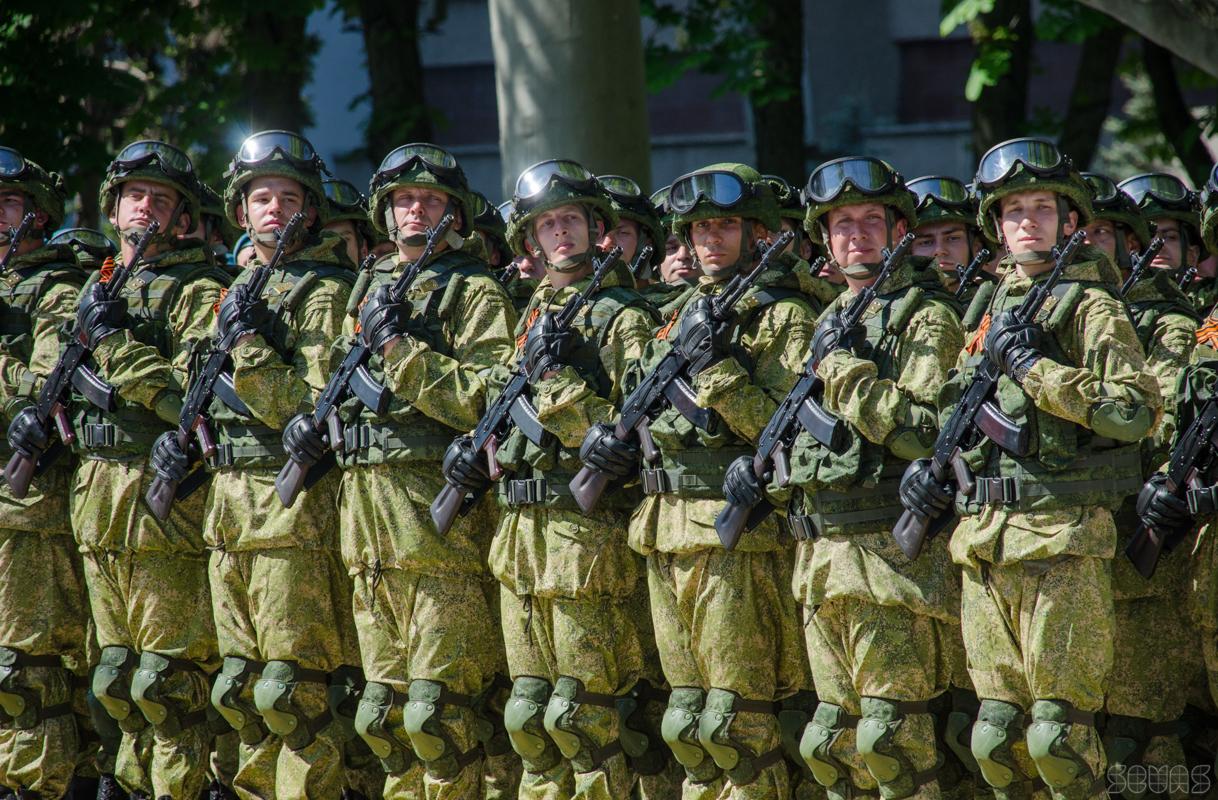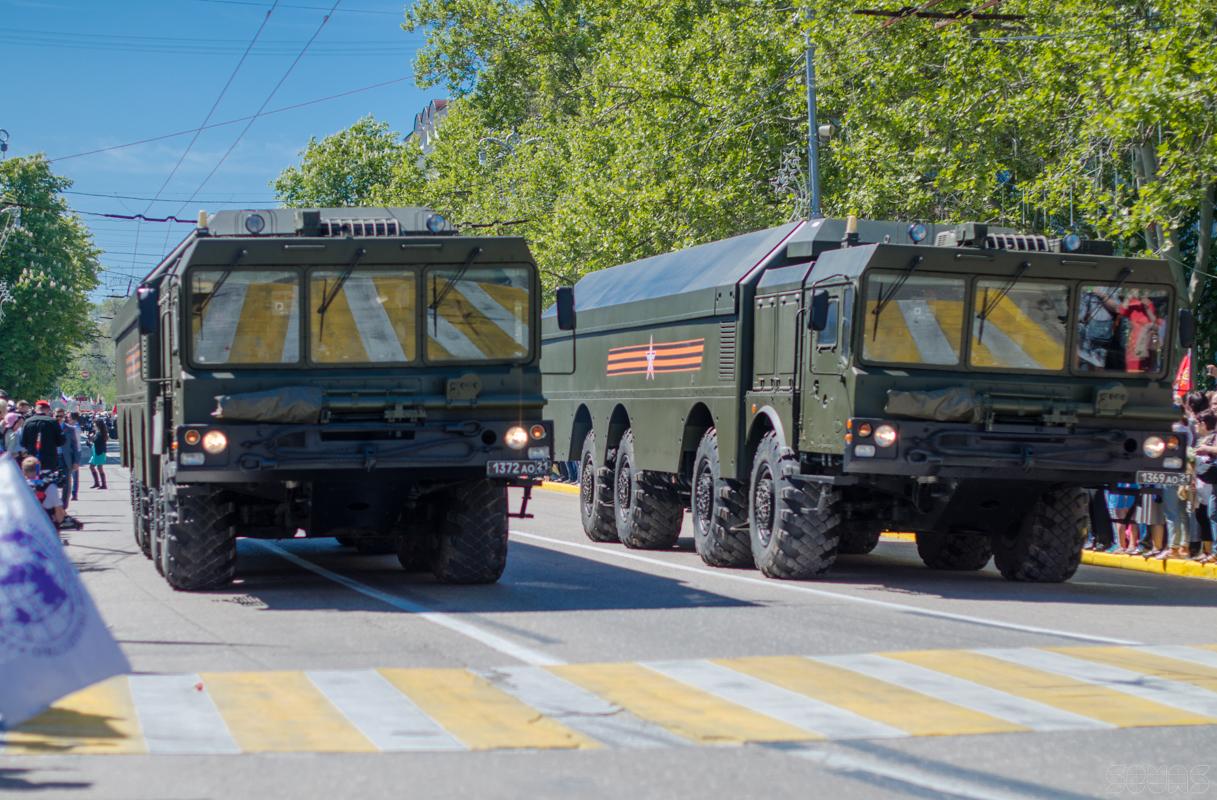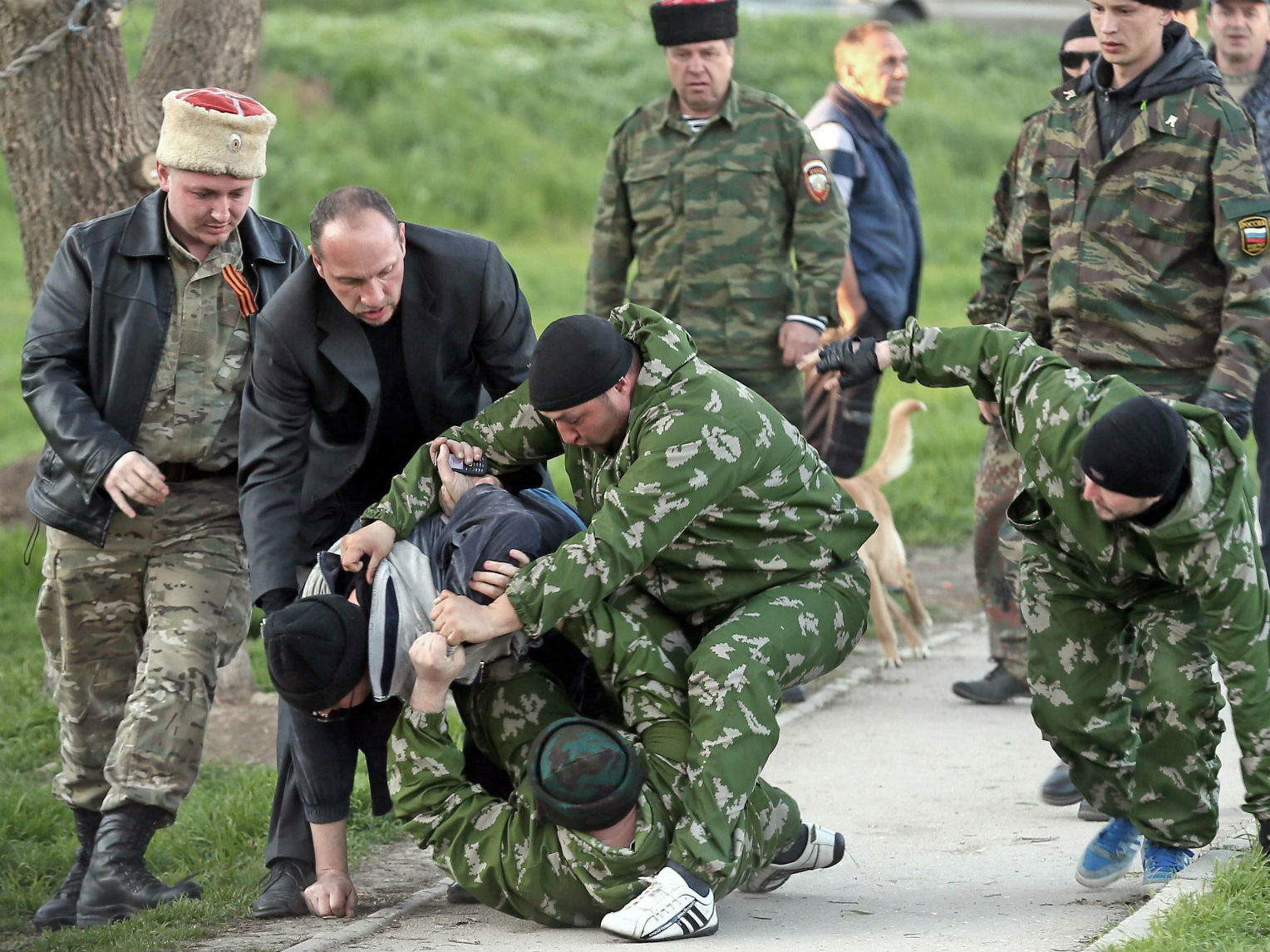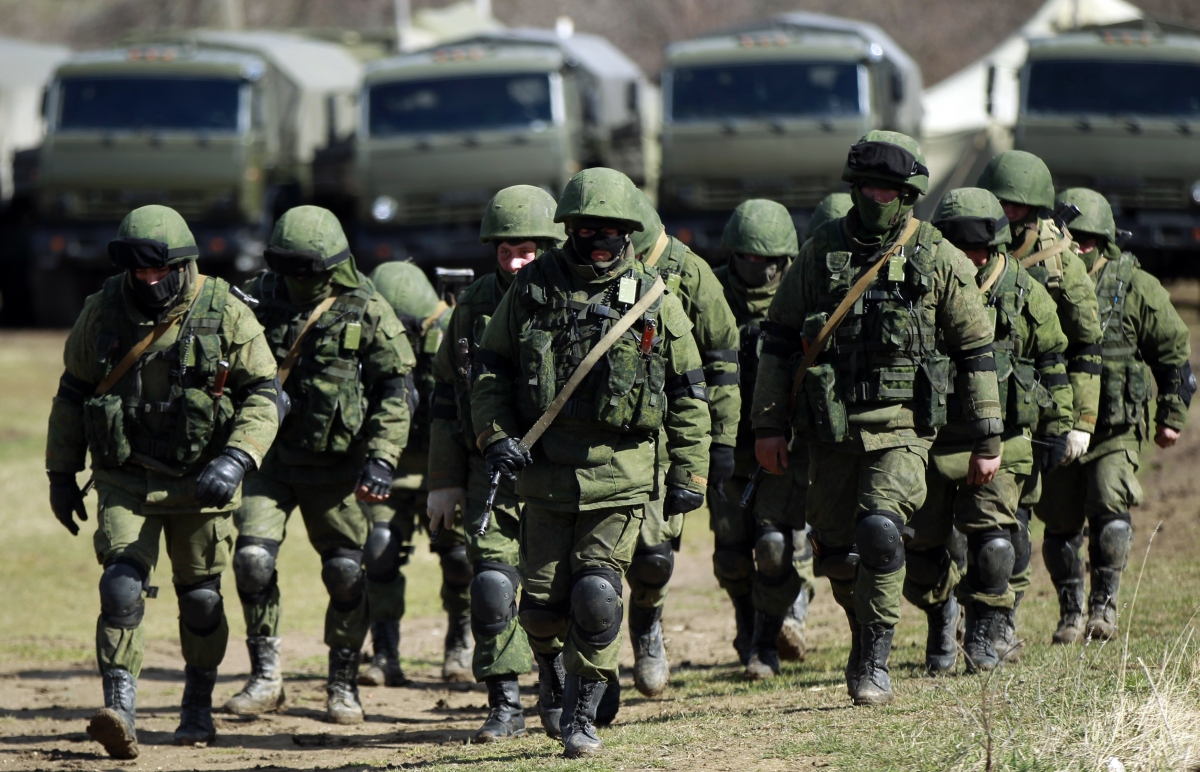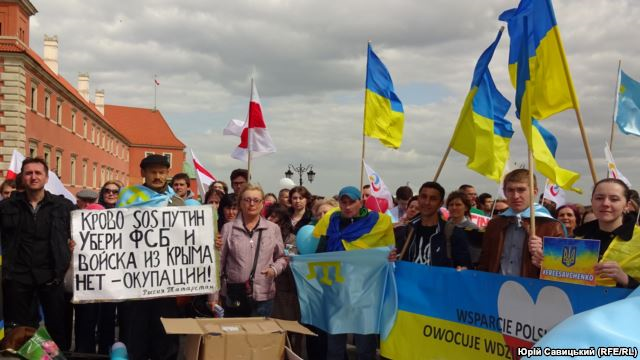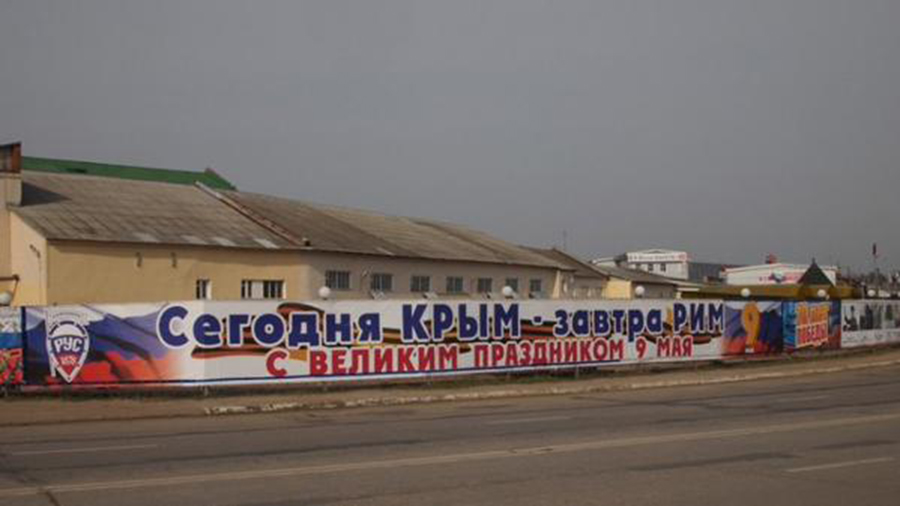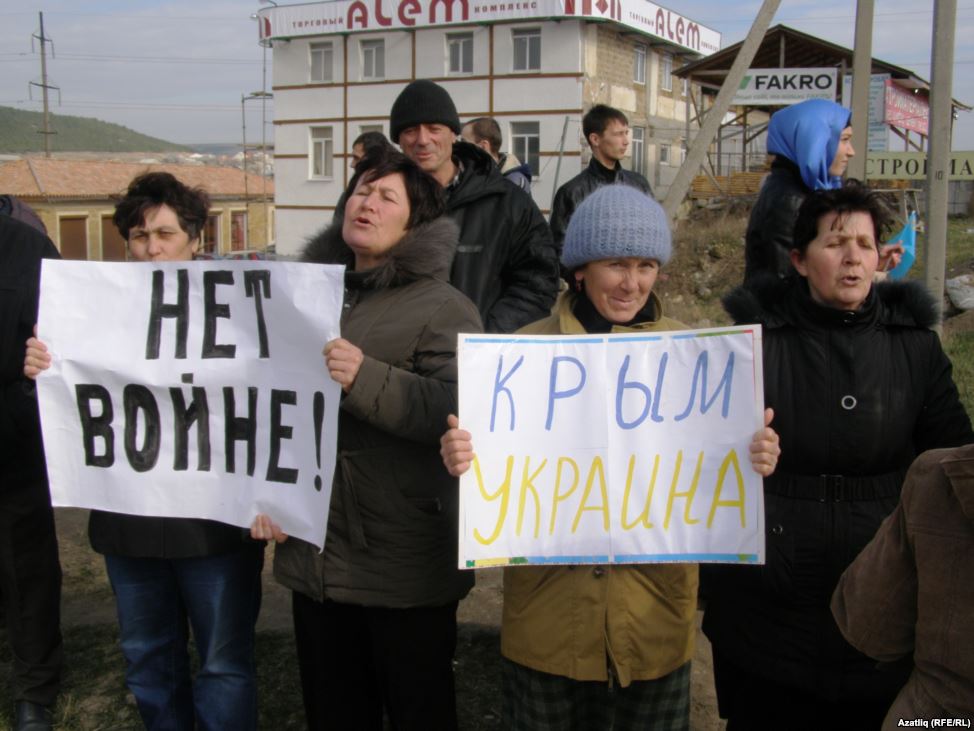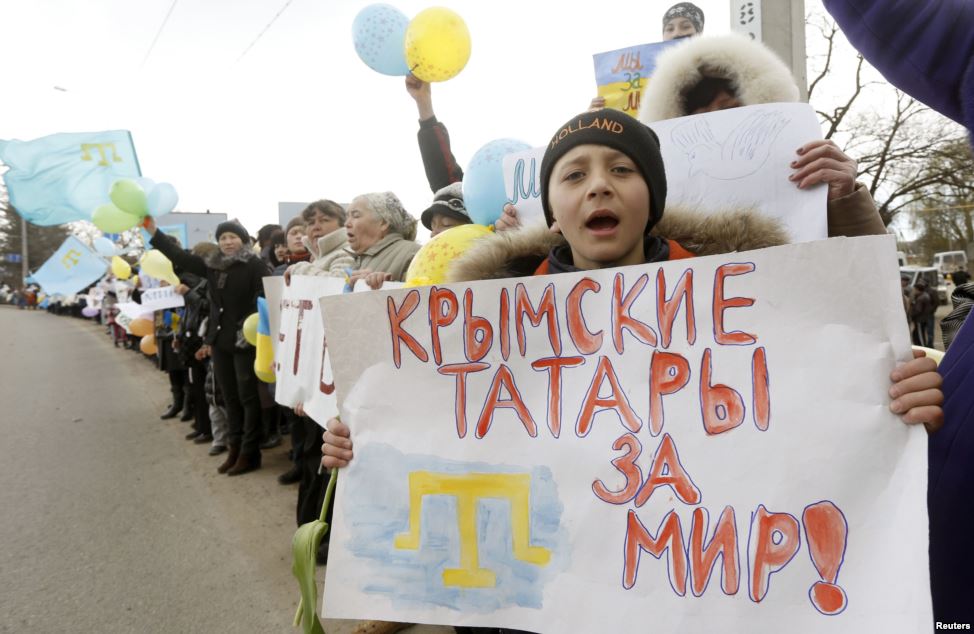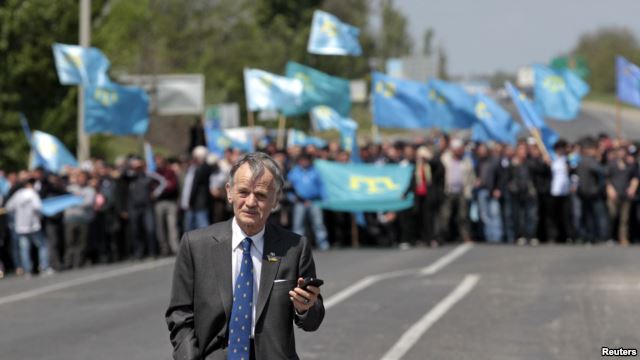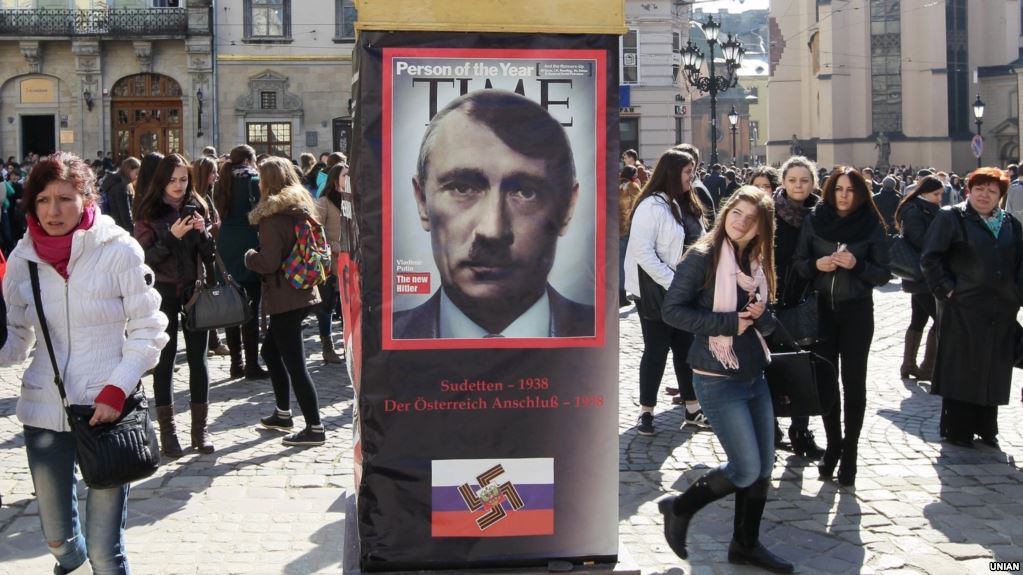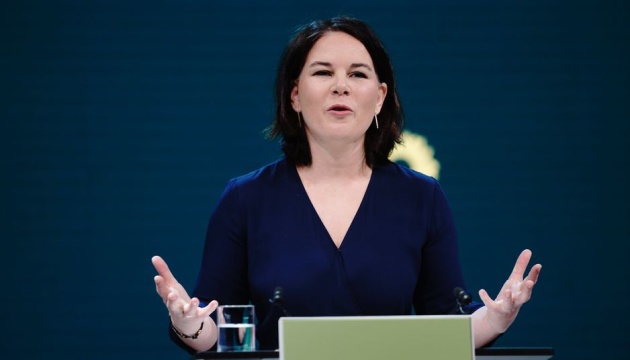Seventy-nine years ago today, Adolf Hitler issued the law on the unification of Austria and Germany, an event subsequently known as the Anschluss, and one that both resembles and differs from what Vladimir Putin did in the case of Ukraine’s Crimea, according to two Ukrainian experts.
Yuri Shapoval, a historian at the National Academy of Sciences of Ukraine, points to some essential differences. Hitler, at least since 1924, had insisted that Germany and Austria were “one family and needed to be united” and his military occupation of Austria was preceded by talks with Vienna about that.
Vladimir Putin behaved very differently, the historian told Radio Liberty’s Vitaly Portnikov.
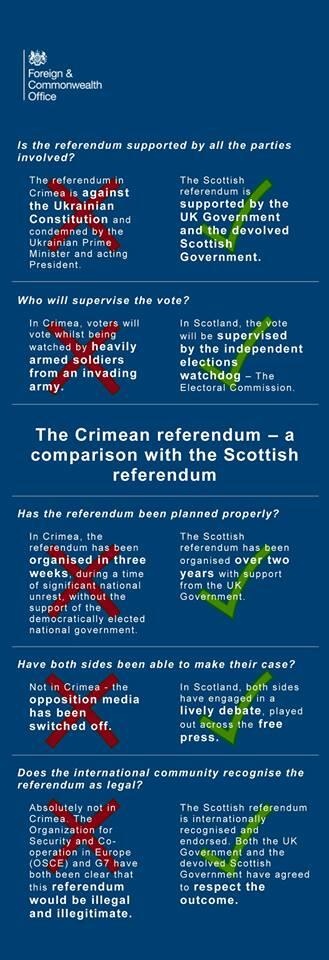
Yaroslav Shimov, a commentator for Radio Liberty, adds that “a large part of the population of Austria then was genuinely pleased because a majority of Austrians considered themselves at that moment Germans. And under the influence of propaganda and the specific circumstances in the history of the Austrian Republic, they considered that unification” would not be a bad thing.
Shapoval points out that “there was practically no reaction” by the Western powers to the Anschluss.
“In essence,” the historian continues, “Vladimir Putin today is counting on a similar fatalism on the part of the West. But one must not give him Crimea in order to ‘pacify’ him because then [his aggression] will never end. [Existing] international sanctions suggest that the West still is not inclined to repeat its earlier mistakes.”
Related:
- Chronology of the annexation of Crimea
- Putin’s most likely next anschluss – a united Ossetia within the Russian Federation
- Umerov case highlights why Crimean Anschluss a threat to Russians, Portnikov says
- Putin’s shell game with Crimea intended to cut importance and costs of the anschluss
- Crimean Anschluss opened way for justification of Stalin and Soviet system, Zubov says
- Crimean Anschluss, the October Revolution of today, will eventually be scorned as such
- Kyiv commentator: Putin’s Crimean Anschluss is leading to Russia’s suicide




